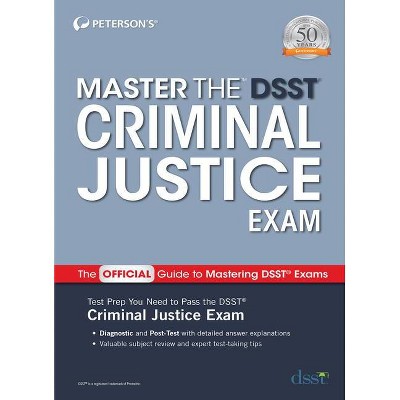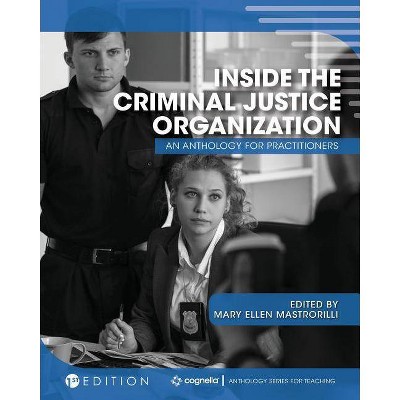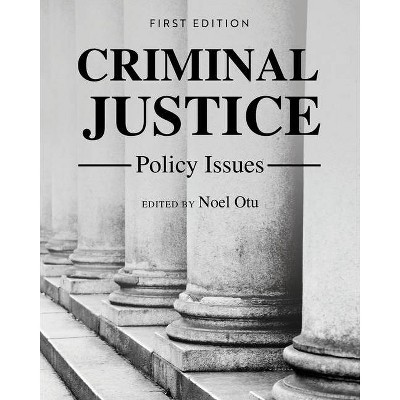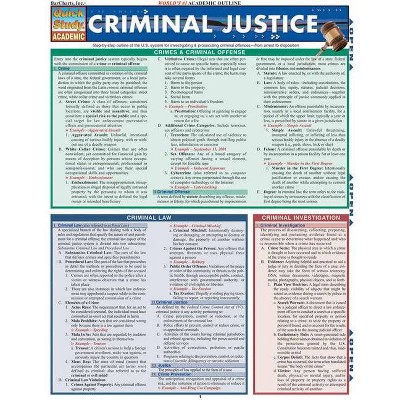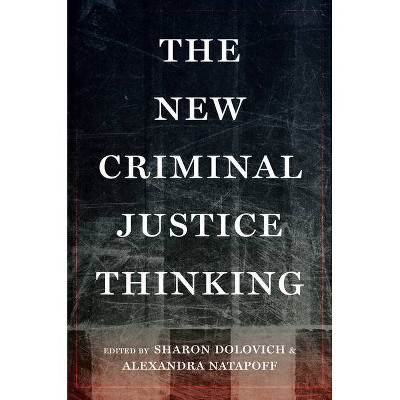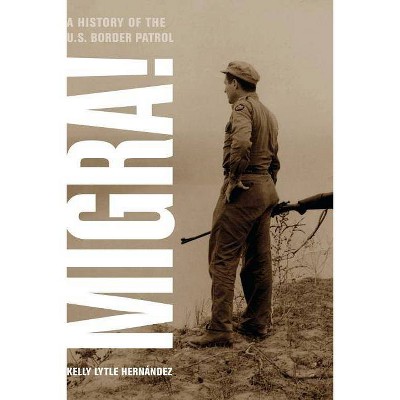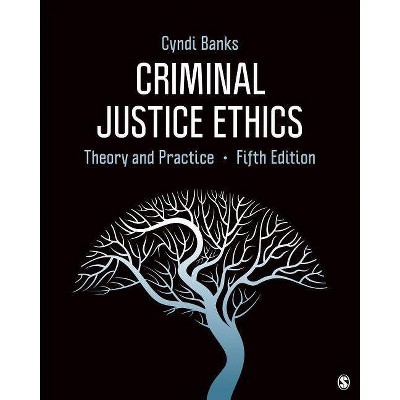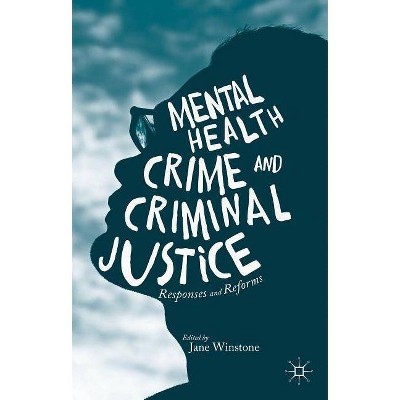Criminal Justice at the Crossroads - by William Kelly (Paperback)
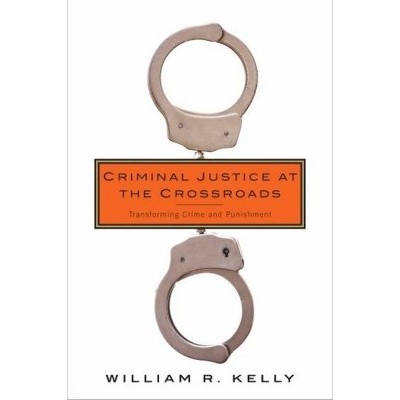
Similar Products
Products of same category from the store
AllProduct info
<p/><br></br><p><b> About the Book </b></p></br></br>Discusses the policy, process, and funding innovations and priorities that the United States needs to effectively reduce crime, recidivism, victimization, and cost<p/><br></br><p><b> Book Synopsis </b></p></br></br><p>Over the past forty years, the criminal justice system in the United States has engaged in a very expensive policy failure, attempting to punish its way to public safety, with dismal results. So-called "tough on crime" policies have not only failed to effectively reduce crime, recidivism, and victimization but also created an incredibly inefficient system that routinely fails the public, taxpayers, crime victims, criminal offenders, their families, and their communities.</p> <p>Strategies that focus on behavior change are much more productive and cost effective for reducing crime than punishment, and in this book, William R. Kelly discusses the policy, process, and funding innovations and priorities that the United States needs to effectively reduce crime, recidivism, victimization, and cost. He recommends proactive, evidence-based interventions to address criminogenic behavior; collaborative decision making from a variety of professions and disciplines; and a focus on innovative alternatives to incarceration, such as problem-solving courts and probation. Students, professionals, and policy makers alike will find in this comprehensive text a bracing discussion of how our criminal justice system became broken and the best strategies by which to fix it.</p><p/><br></br><p><b> Review Quotes </b></p></br></br><br>[A] thorough argument based on evidence and science... Kelly offers a road map for policymakers on providing alternatives to incarceration.--Charles Ealy "Austin American-Statesman "<br><br>A must-read for graduate students, advanced undergraduates, researchers, policymakers, and practitioners interested in mass incarceration, sentencing policy, criminal justice practices, and social services across the criminal justice system.--Jennifer Schwartz "Contemporary Sociology "<br><br>Clear, compelling, and highly readable.--Lucas Anderson "Los Angeles Review of Books "<br><br>In <i>Criminal Justice at the Crossroads</i>, William Kelly gives us an outstanding account of critical problems in criminal justice and what needs to be done to address them. The book provides an incisive, scholarly, and highly readable account of America's pursuit of public safety and justice and how it has managed to spend more to achieve less. But it goes well beyond identifying problems. Kelly identifies solutions that draw on the best available science and the experience and wisdom of policymakers and practitioners. The book should be required reading for scholars and policymakers and, indeed, for anyone who cares about public safety and justice.--Daniel P. Mears, Mark C. Stafford Professor of Criminology at Florida State University<br><br>It is now clear that the nation's forty-year embrace of wild punitive rhetoric and unrestrained incarceration has resulted in a catastrophic policy failure. Kelly not only documents this sobering reality but also, more importantly, urges policymakers to use this moment to choose a different future. With considerable criminological wisdom, he illuminates that the way forward must be evidence-based and balance competing goals, and trumpets a new culture of criminal justice that values positive, practical outcomes over emotional gratification and crass political symbolism. <i>Criminal Justice at the Crossroads</i> should occupy a prominent place on all our bookshelves; it will on mine.--Francis T. Cullen, University of Cincinnati<br><br>Kelly has summarized a vast amount of information with great clarity and purpose. <i>Criminal Justice at the Crossroads</i> is well written, balanced in its data presentation and policy prescriptions, and timely.--Joan Petersilia, Stanford Law School<br><p/><br></br><p><b> About the Author </b></p></br></br>William R. Kelly is professor in the Department of Sociology and the founding director of the Center for Criminology and Criminal Justice Research at the University of Texas-Austin. He has spent a considerable amount of time in the community consulting with local, state, and federal agencies on criminal justice issues. He has been involved in the development, implementation, and evaluation of dozens of criminal justice programs and policies. This book is a product of his vast understanding of the scientific research regarding what works, as well as his experience developing and evaluating a variety of justice programs and policies.
Price History
Price Archive shows prices from various stores, lets you see history and find the cheapest. There is no actual sale on the website. For all support, inquiry and suggestion messagescommunication@pricearchive.us

